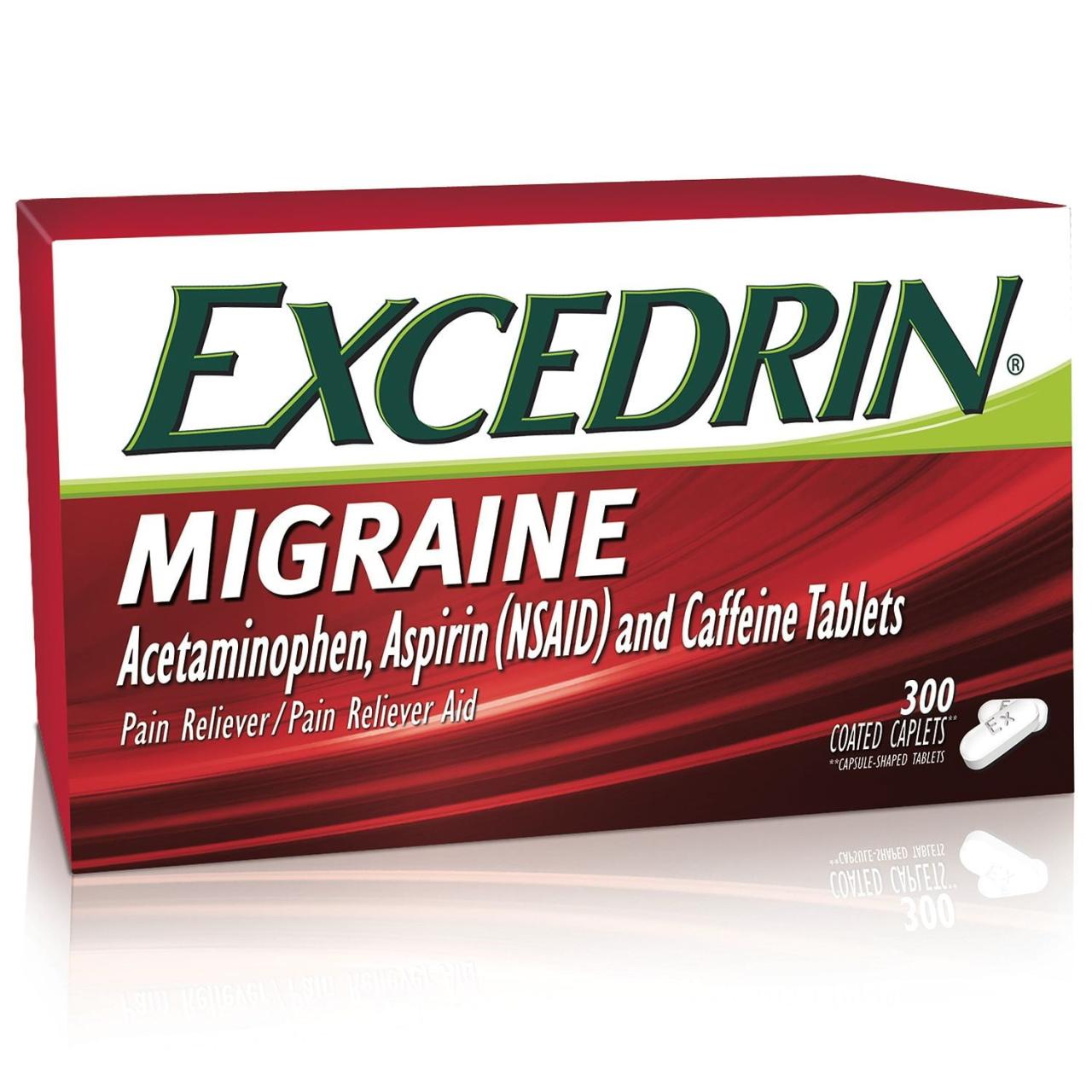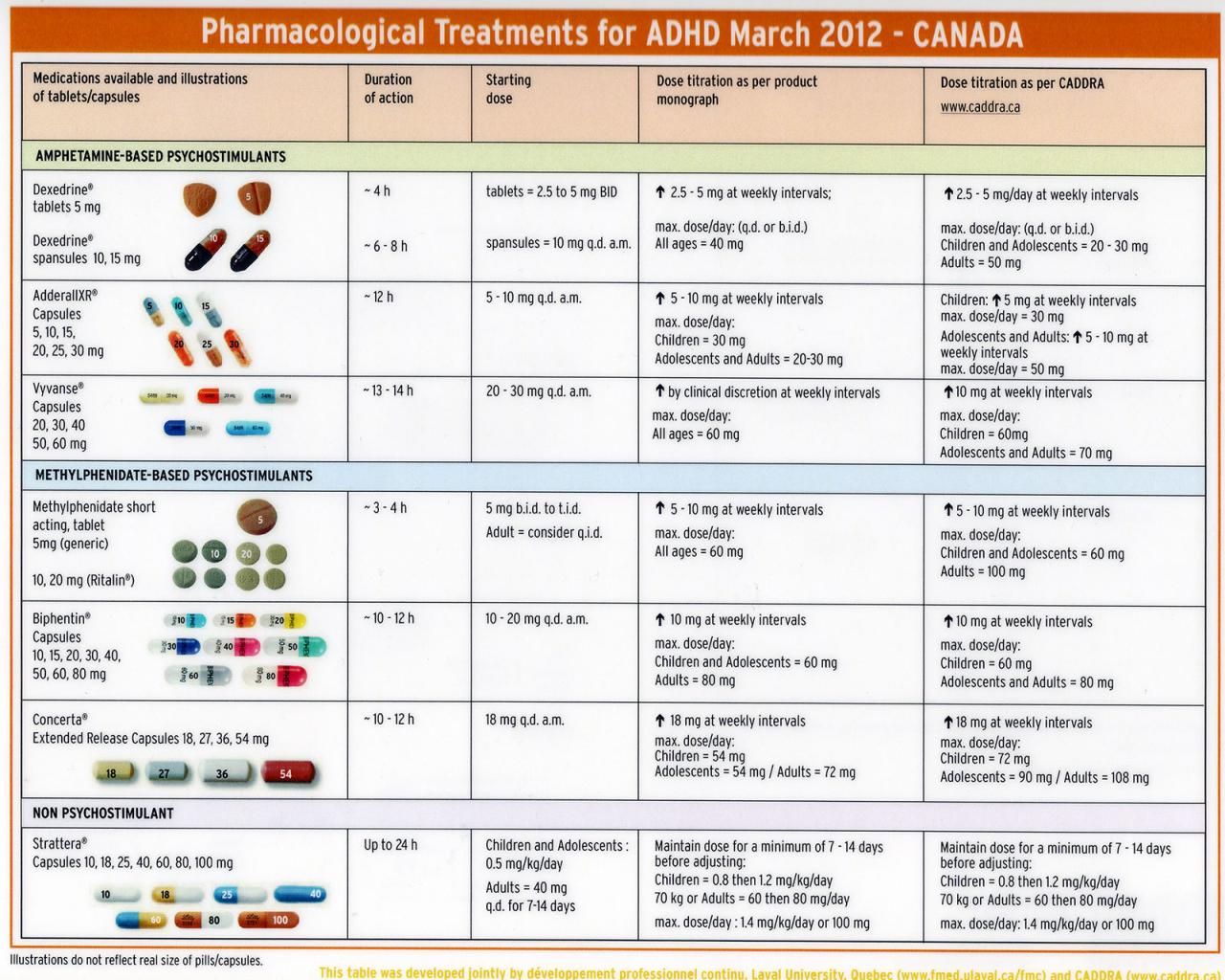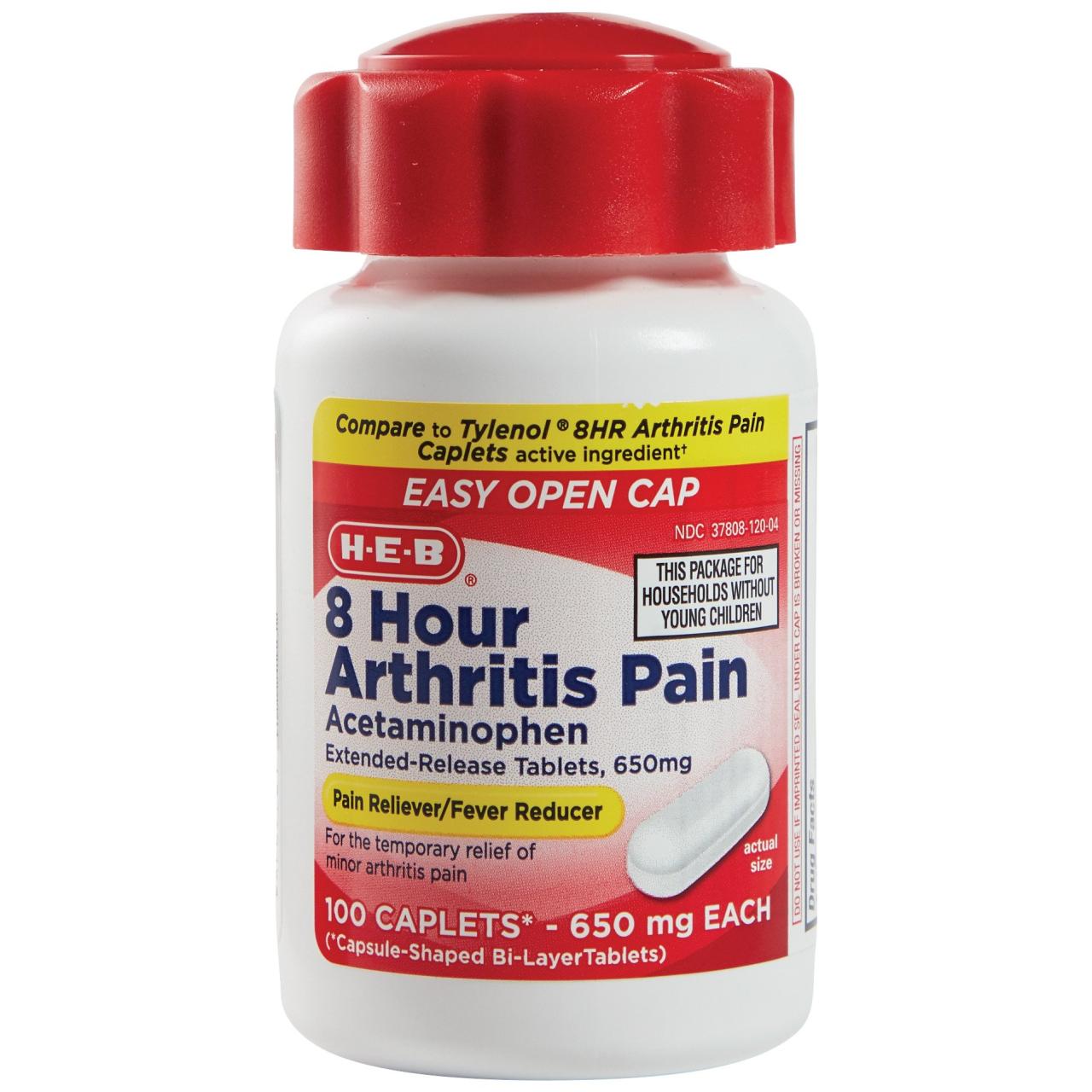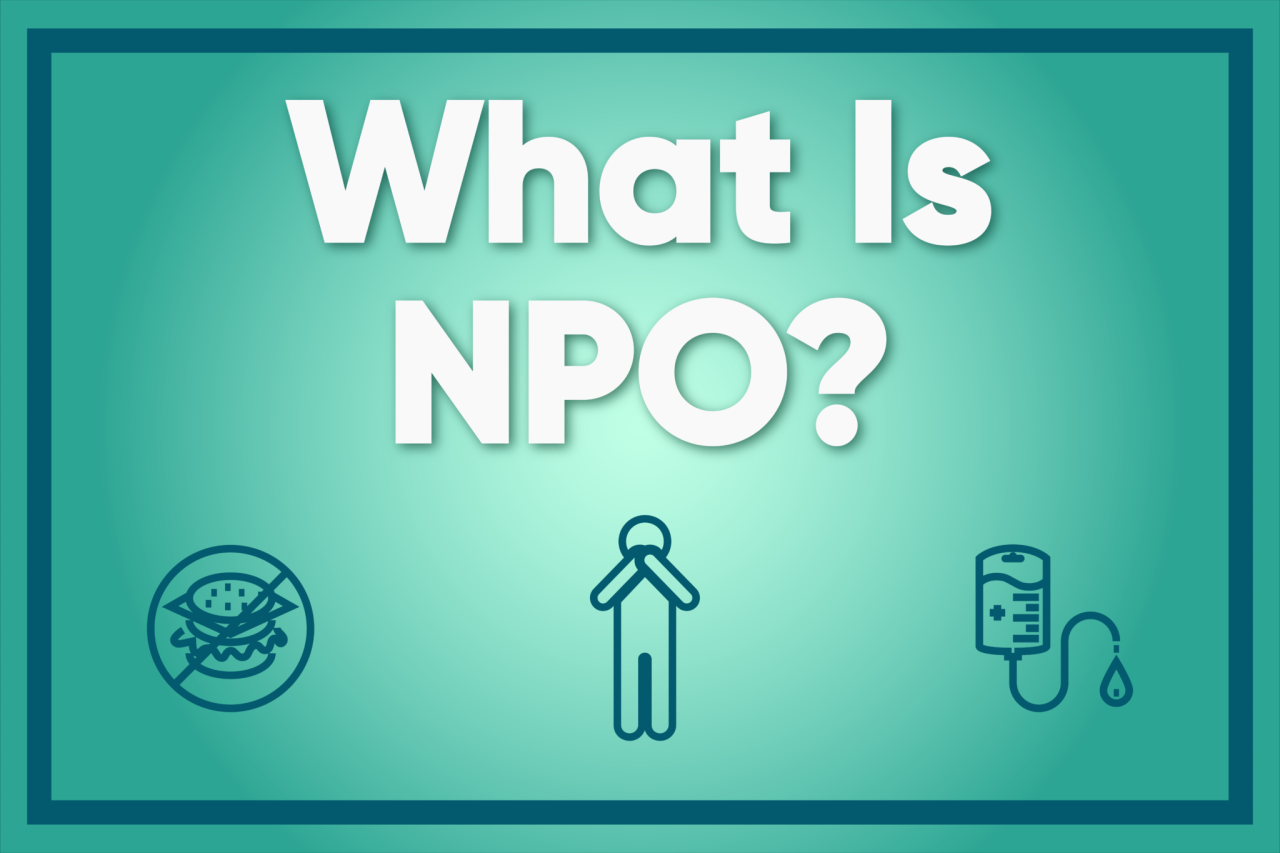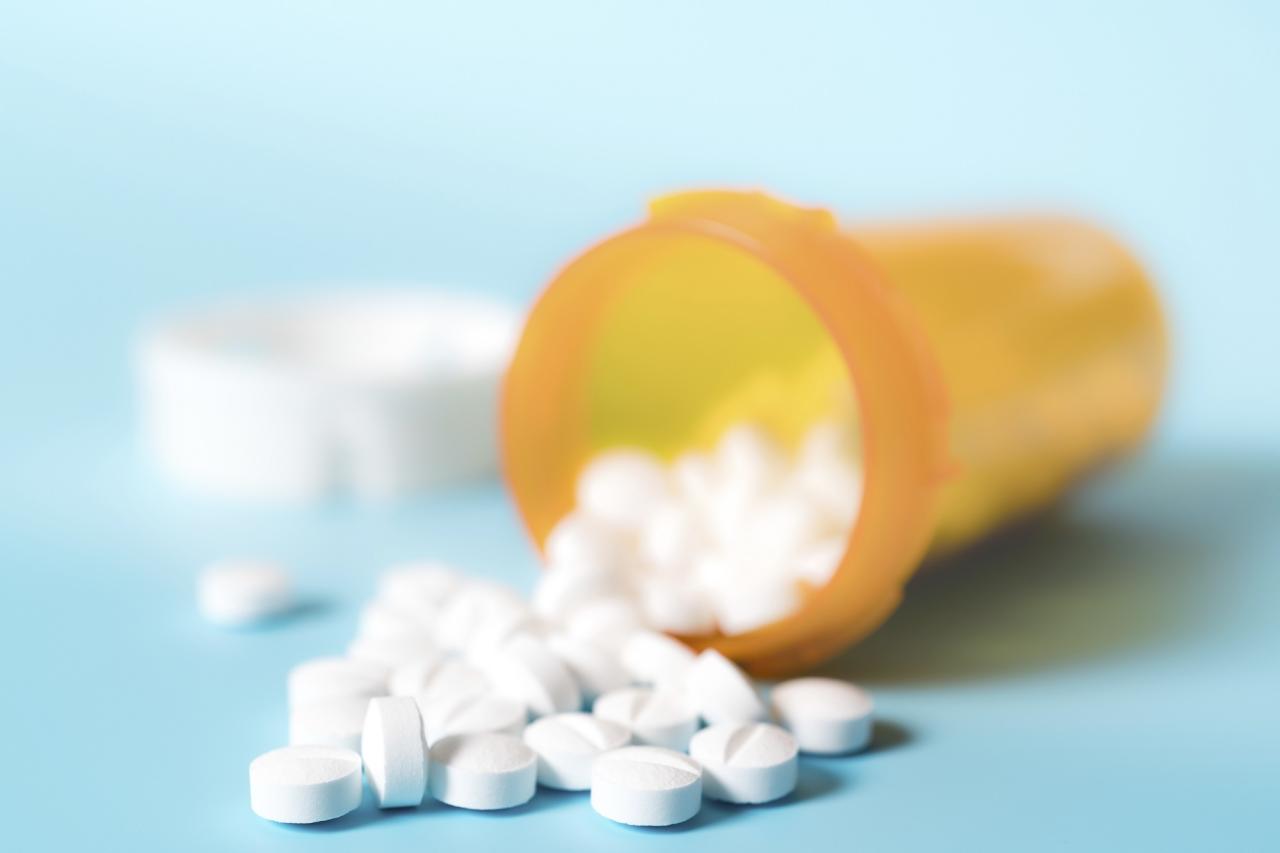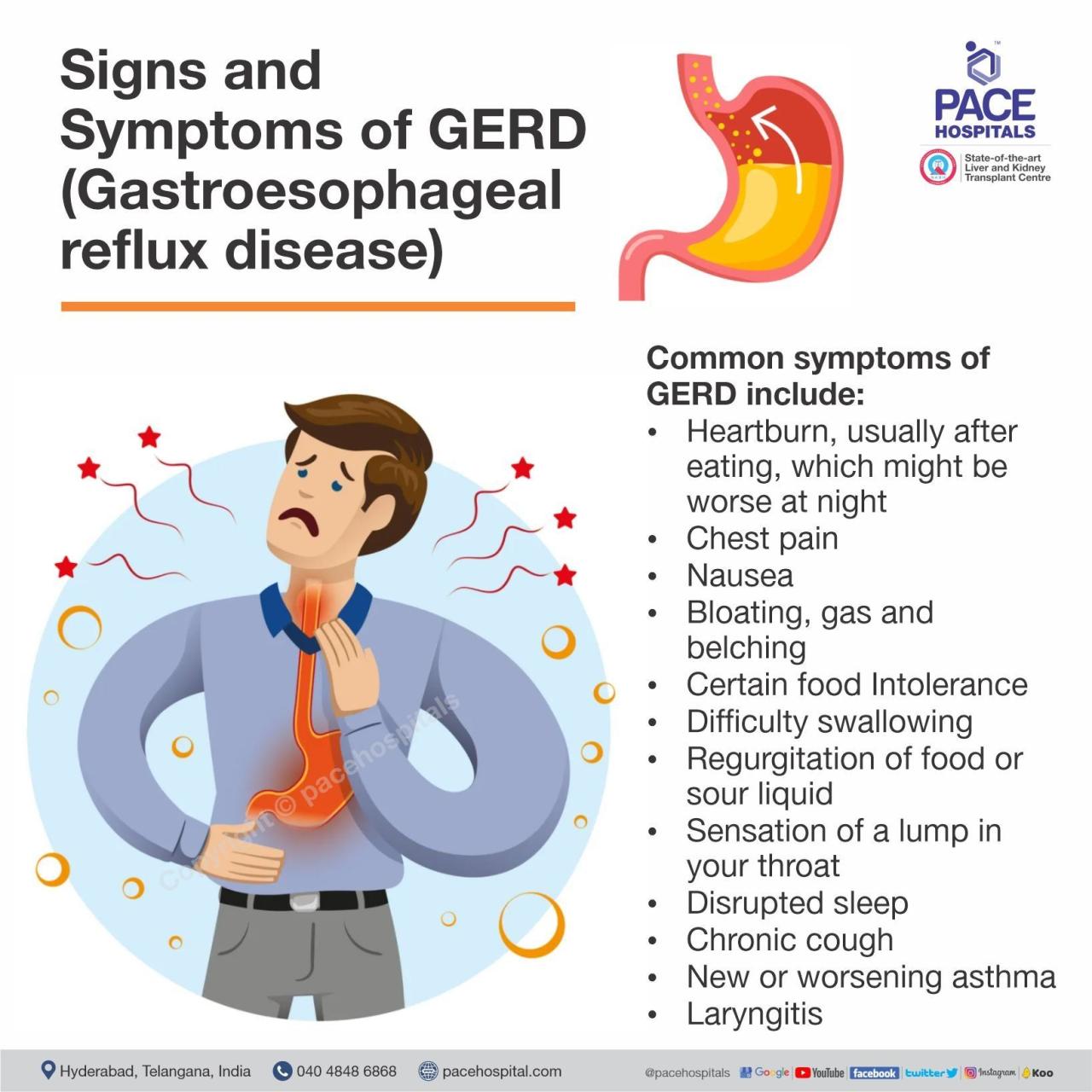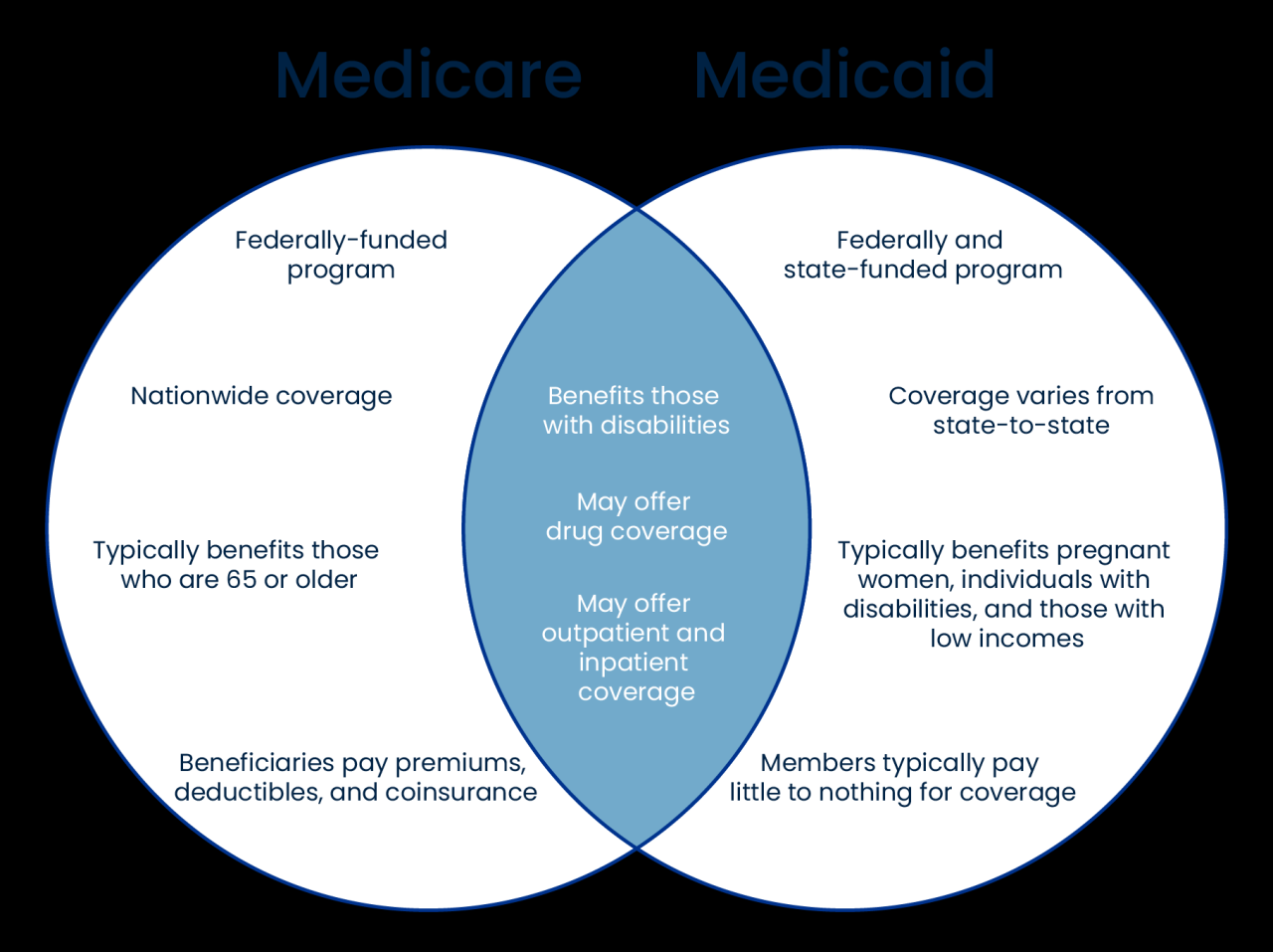Food poisoning medication isn’t a cure-all, but it can provide relief from the unpleasant symptoms that often accompany this common ailment. From nausea and vomiting to diarrhea and abdominal cramps, food poisoning can significantly disrupt your daily life. Understanding the different types of medications available, their mechanisms of action, and when to seek professional help is crucial for effective management.
This guide explores the various aspects of food poisoning, from its causes and symptoms to self-care strategies and the role of medication in alleviating discomfort. We’ll delve into the types of medications commonly used, their potential benefits, and the importance of consulting a healthcare professional when necessary.
Food Poisoning: Understanding the Basics
Food poisoning, also known as foodborne illness, is a common problem that affects millions of people each year. It occurs when you consume food contaminated with harmful bacteria, viruses, parasites, or toxins. The symptoms can range from mild to severe, and in some cases, food poisoning can even be life-threatening.
Common Causes of Food Poisoning
Food poisoning is caused by a variety of factors, including:
- Improper food handling and preparation
- Contaminated water
- Cross-contamination from raw food to cooked food
- Insufficient cooking temperatures
- Spoiled food
Types of Food Poisoning and Their Symptoms
There are many different types of food poisoning, each with its own set of symptoms. Some common types include:
- Salmonella:Symptoms include diarrhea, fever, abdominal cramps, and nausea.
- E. coli:Symptoms include bloody diarrhea, abdominal cramps, and fever.
- Norovirus:Symptoms include vomiting, diarrhea, and stomach cramps.
- Campylobacter:Symptoms include diarrhea, fever, abdominal cramps, and nausea.
- Listeria:Symptoms include fever, muscle aches, and headache.
Mechanisms of Food Poisoning
Food poisoning occurs when harmful microorganisms or toxins enter the body through contaminated food. These organisms can multiply in the gut, producing toxins that cause inflammation and damage to the digestive system. The severity of food poisoning depends on the type of organism, the amount of contaminated food consumed, and the individual’s immune system.
Self-Care for Food Poisoning
Most cases of food poisoning are mild and can be treated at home. Self-care measures focus on relieving symptoms and preventing dehydration.
Hydration and Rest
Staying hydrated is crucial when you have food poisoning. This is because vomiting and diarrhea can lead to significant fluid loss. Drinking plenty of fluids, such as water, clear broth, or sports drinks, helps to replenish lost fluids and electrolytes.
Rest is also essential to allow your body to recover.
Managing Nausea and Vomiting
Nausea and vomiting are common symptoms of food poisoning. Over-the-counter medications like Pepto-Bismol or Tums can help soothe an upset stomach and reduce nausea. Eating bland foods, such as toast, crackers, or rice, can also help settle your stomach.
When Self-Care is Appropriate and When Medical Attention is Necessary
Most cases of food poisoning can be managed with self-care. However, there are times when you should seek medical attention. You should see a doctor if you experience:
- Severe dehydration
- Bloody diarrhea
- High fever
- Severe abdominal pain
- Symptoms that last longer than a few days
- Signs of neurological problems, such as confusion or weakness
Medications for Food Poisoning Symptoms
There are no specific medications to treat food poisoning itself. However, medications can help manage the symptoms.
Types of Medications
Commonly used medications for food poisoning symptoms include:
- Antidiarrheal medications:These medications help to slow down diarrhea. Examples include Imodium and Pepto-Bismol.
- Antiemetics:These medications help to reduce nausea and vomiting. Examples include Zofran and Phenergan.
- Pain relievers:Over-the-counter pain relievers, such as ibuprofen or acetaminophen, can help manage pain and fever.
Mechanisms of Action
These medications work by targeting different mechanisms in the body. Antidiarrheal medications work by slowing down the movement of food through the intestines. Antiemetics work by blocking signals in the brain that trigger nausea and vomiting. Pain relievers work by reducing inflammation and pain signals.
Gout is a painful condition caused by a buildup of uric acid in the body. If you’re struggling with gout, there are several different types of gout medication available that can help manage the symptoms and prevent future attacks.
It’s important to talk to your doctor to determine the best treatment plan for you.
Over-the-Counter Medications
A variety of over-the-counter medications can help relieve the symptoms of food poisoning. These include:
- Pepto-Bismol:This medication can help soothe an upset stomach, reduce diarrhea, and reduce nausea.
- Imodium:This medication helps to slow down diarrhea.
- Tums:This medication can help neutralize stomach acid and reduce heartburn.
When to Seek Medical Attention
While most cases of food poisoning can be managed at home, there are times when immediate medical attention is crucial.
Signs and Symptoms
Seek immediate medical care if you experience any of the following signs and symptoms:
- Severe dehydration
- Bloody diarrhea
- High fever
- Severe abdominal pain
- Signs of neurological problems, such as confusion or weakness
- Difficulty breathing
- Seizures
Potential Complications
Untreated food poisoning can lead to serious complications, including:
- Dehydration
- Kidney failure
- Sepsis (blood poisoning)
- Guillain-Barré syndrome (a rare neurological disorder)
Role of a Healthcare Professional
A healthcare professional can diagnose food poisoning, assess the severity of the illness, and recommend appropriate treatment. They may also order tests to identify the specific organism causing the illness. In severe cases, hospitalization may be necessary to provide intravenous fluids and other supportive care.
Preventing Food Poisoning: Food Poisoning Medication
Food poisoning is often preventable by following good food safety practices.
Best Practices for Food Safety
Here are some tips to prevent food poisoning:
- Wash your hands thoroughly with soap and water before and after handling food.
- Wash fruits and vegetables thoroughly before eating or cooking them.
- Cook food to the proper internal temperature to kill harmful bacteria.
- Separate raw meat, poultry, and seafood from other foods in the refrigerator and on your countertop.
- Refrigerate perishable foods promptly.
- Avoid cross-contamination by using separate cutting boards and utensils for raw meat and other foods.
- Don’t leave food out at room temperature for extended periods.
- Be aware of the “danger zone” for food safety, which is between 40°F and 140°F.
Proper Food Storage and Handling
Proper food storage and handling are essential to prevent food poisoning.
- Refrigerate perishable foods promptly after purchasing them.
- Store raw meat, poultry, and seafood on the bottom shelf of the refrigerator to prevent cross-contamination.
- Don’t overcrowd the refrigerator, which can prevent cold air from circulating properly.
- Thaw frozen foods in the refrigerator or in the microwave, not at room temperature.
- Always wash your hands thoroughly with soap and water after handling raw meat, poultry, or seafood.
Identifying Potentially Unsafe Food, Food poisoning medication
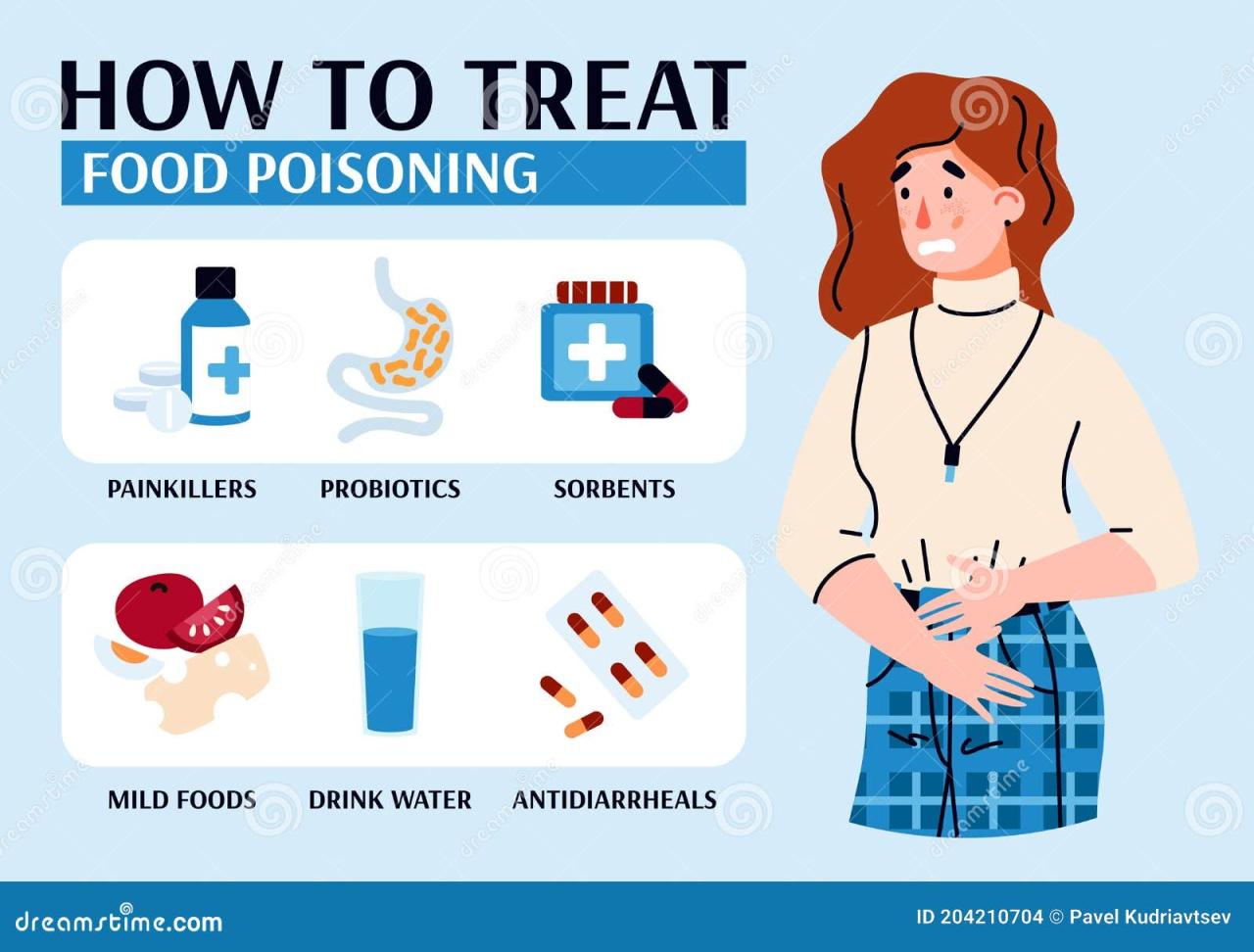
Here are some signs that food may be unsafe:
- An off odor
- A change in color or texture
- Mold growth
- Slimy or sticky surface
If you see any of these signs, discard the food immediately.
Food Poisoning and Specific Populations
Certain populations, such as pregnant women, children, and individuals with weakened immune systems, are at increased risk of food poisoning and may experience more severe symptoms.
Pregnant Women
Pregnant women are more susceptible to food poisoning because their immune systems are suppressed. Listeria, a type of bacteria that can cause serious illness in pregnant women and their unborn babies, is particularly concerning.
Children
Children are also more susceptible to food poisoning due to their developing immune systems. Symptoms of food poisoning in children can be more severe, and dehydration can occur quickly.
Individuals with Weakened Immune Systems
Individuals with weakened immune systems, such as those with HIV/AIDS, cancer, or who are undergoing chemotherapy, are at increased risk of food poisoning. They may experience more severe symptoms and be more prone to complications.
Gout is a painful condition that can be managed with medication. If you’re experiencing gout symptoms, it’s important to talk to your doctor about treatment options. You can find more information about gout medication on the website of the Medical and Biological Products Regulatory Authority (MDBP).
Food Poisoning in the Elderly
Older adults are also at increased risk of food poisoning. They may have weakened immune systems, and their bodies may not be able to fight off infections as effectively.
Wrap-Up
While food poisoning medication can offer relief, preventing this unpleasant experience is paramount. Practicing good food safety habits, such as proper handwashing, thorough cooking, and safe storage, can significantly reduce your risk. Remember, if your symptoms are severe or persist, don’t hesitate to seek medical attention.
Early intervention can prevent complications and ensure a quicker recovery.


